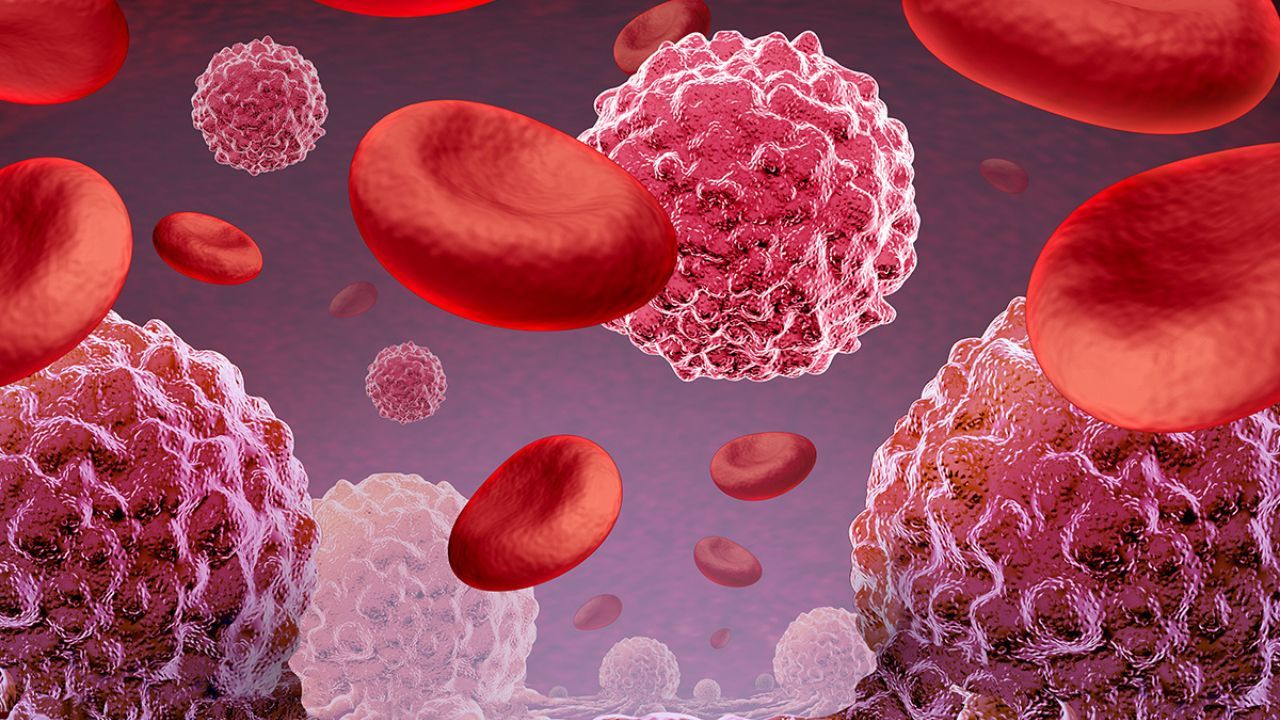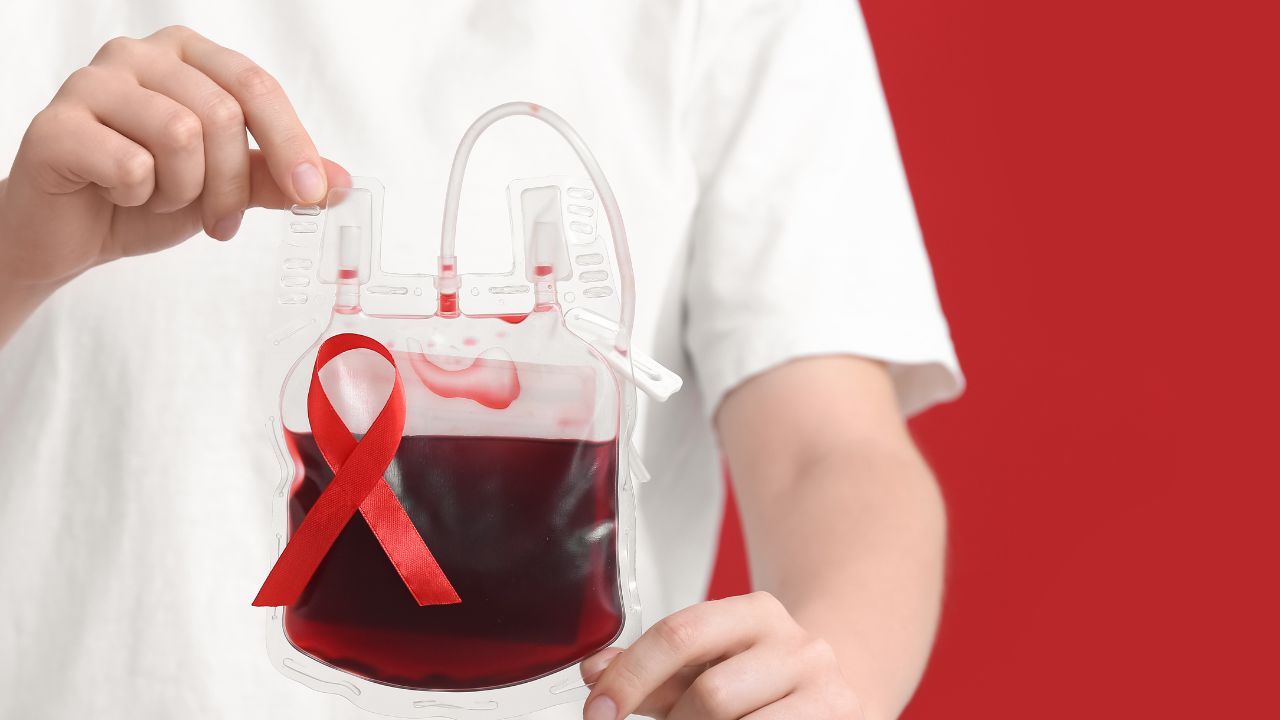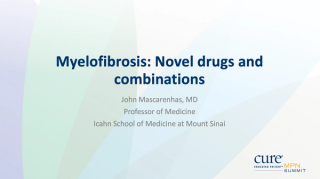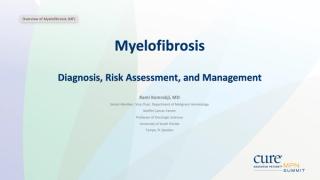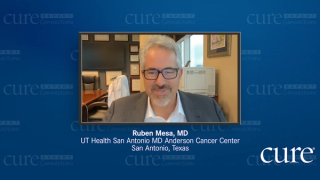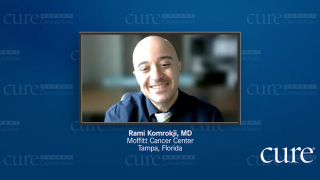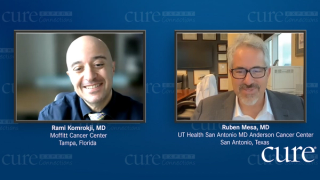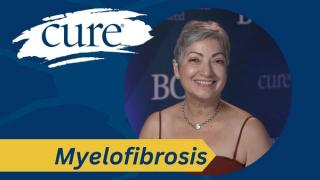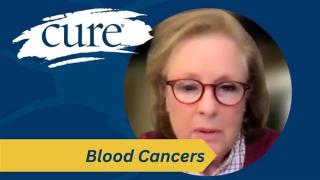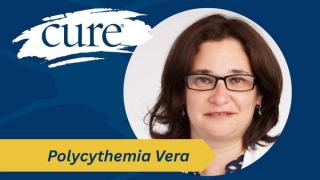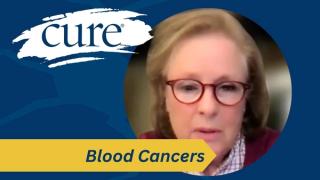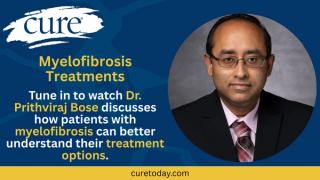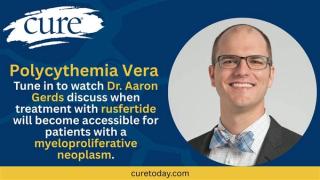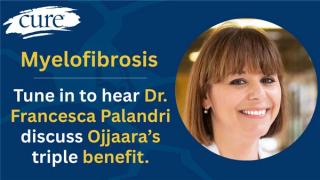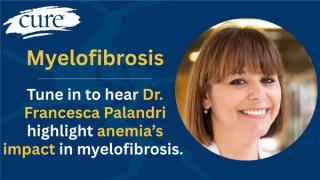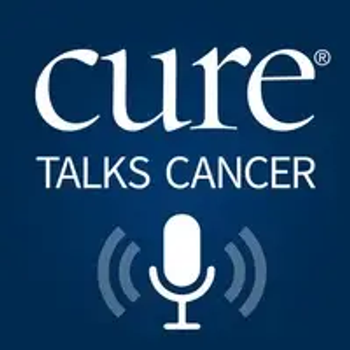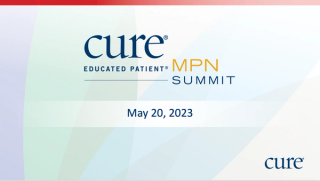
MPN
Latest News
Video Series

Latest Videos
Podcasts
More News
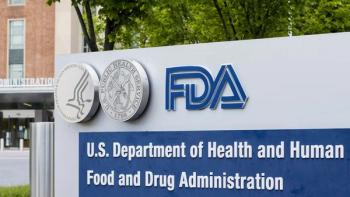
Takeda and Protagonist Therapeutics have submitted a new drug application to the FDA for rusfertide for adults with polycythemia vera.
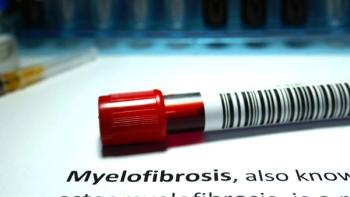
Early-phase studies showed INCA033989 led to spleen reduction, symptom improvement and anemia responses in patients with calreticulin-mutated myelofibrosis.
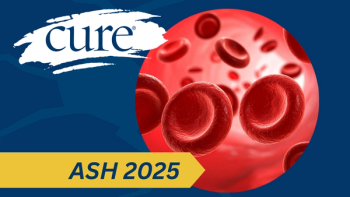
Rusfertide keeps hematocrit under 45% and prevents phlebotomy for most patients with polycythemia vera through 52 weeks of treatment.
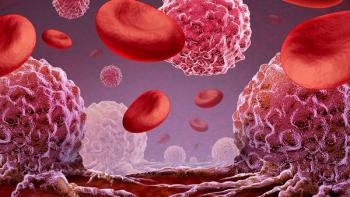
The FDA has granted breakthrough therapy designation to INCA033989 for some patients with essential thrombocythemia.
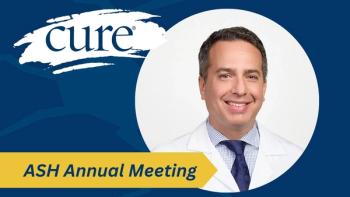
Nuvisertib plus momelotinib is safe and generated improvements in symptom burden, spleen volume, and anemia outcomes in relapsed/refractory myelofibrosis.
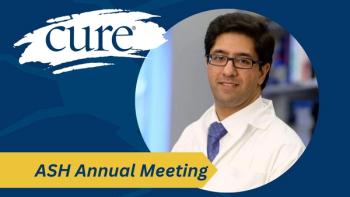
Pelabresib plus Jakafi delivered stronger, clinically meaningful benefits versus Jakafi alone for people with untreated myelofibrosis.
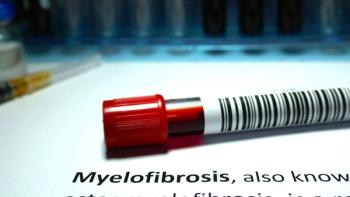
Stage 1 myelofibrosis is a manageable early-stage blood cancer that requires ongoing monitoring and personalized care to support long-term health.

Meta: Stage 1 essential thrombocythemia is a chronic blood disorder with high platelets, manageable through monitoring, medication, lifestyle and care.
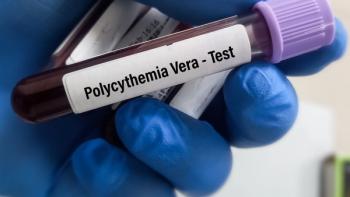
Stage 1 polycythemia vera is manageable with monitoring, phlebotomy, medication and lifestyle changes, allowing patients to live healthy, normal lives.
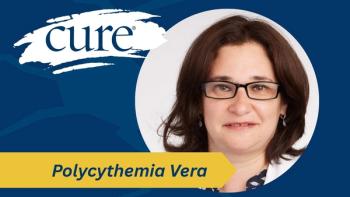
The phase 2 SANRECO study has recently completed enrollment and will evaluate divesiran, a potential therapy for patients with polycythemia vera.

In a recent interview with CURE, Nona Baker shared insights from her blood cancer journey that began more than 30 years ago.

October brought developments in the management of blood cancers, from early-stage multiple myeloma to new cellular therapies and novel drug designations.
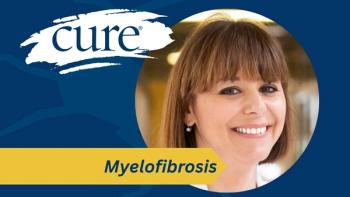
Dr. Francesca Palandri discusses anemia in myelofibrosis, its impact on survival and quality of life, and the potential of Ojjaara for patients.
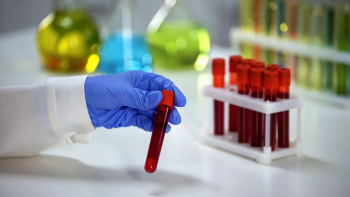
Supportive care with ESAs or danazol alongside Jakafi helps myelofibrosis patients with anemia manage symptoms and maintain effective treatment doses.
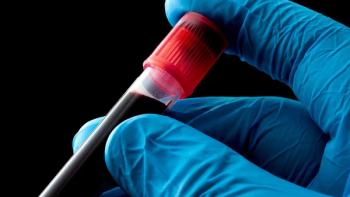
Patients living with myelofibrosis who also experience anemia may see meaningful improvements in blood counts when treated with Vonjo.
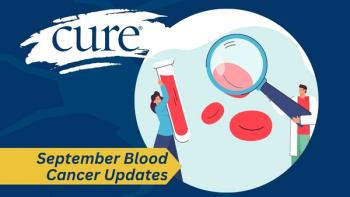
Recent clinical trial results, real-world safety data, and patient experiences highlight meaningful advances in blood cancer care.
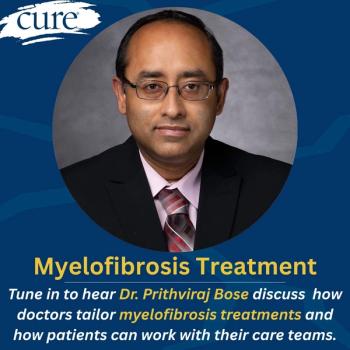
Dr. Prithviraj Bose explains how doctors tailor myelofibrosis treatments and how patients can work with their care teams to navigate options.
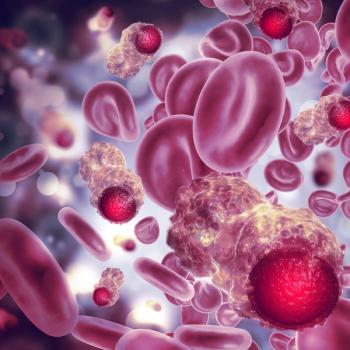
For patients with myelofibrosis, there is a risk of non-melanoma skin cancer or shingles among patients who received long-term treatment with Jakafi.
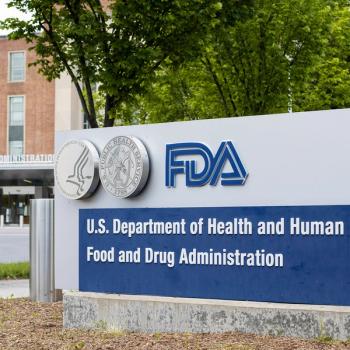
The FDA has granted rusfertide breakthrough therapy designation for patients with polycythemia vera, a step that could speed its path to approval.
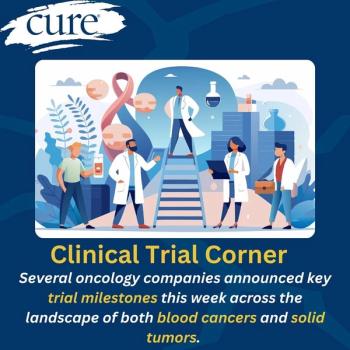
Several oncology companies announced key trial milestones this week across the landscape of both blood cancers and solid tumors.

A structured nurse-led clinic can help patients with myeloproliferative neoplasms receive timely support, as well as bridge gaps in symptom reporting.
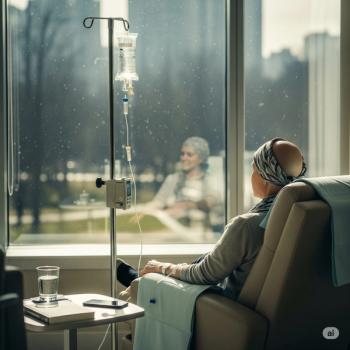
Intensive chemotherapy improved survival in patients with accelerated and blast phase myeloproliferative neoplasms, with Venclexta showing no clear benefit.
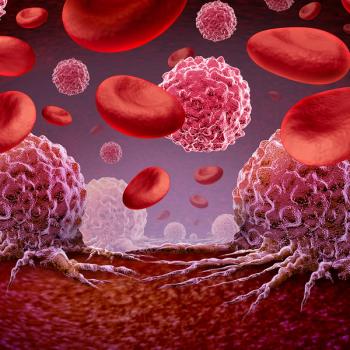
Long-term follow-up data from the phase 3 MANIFEST 2 clinical trial have been revealed.
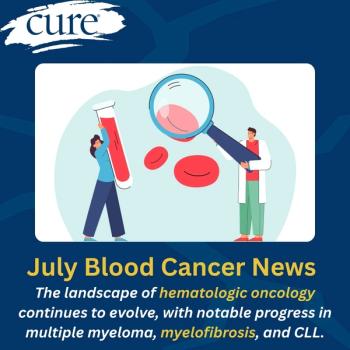
As July concludes, the landscape of hematologic oncology continues to evolve, with notable progress in multiple myeloma, myelofibrosis, and CLL.
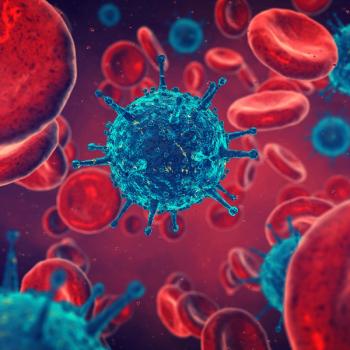
Cytopenia at myelofibrosis diagnosis raises risk of acute myeloid leukemia and lowers survival, highlighting the need for tailored treatment strategies.

